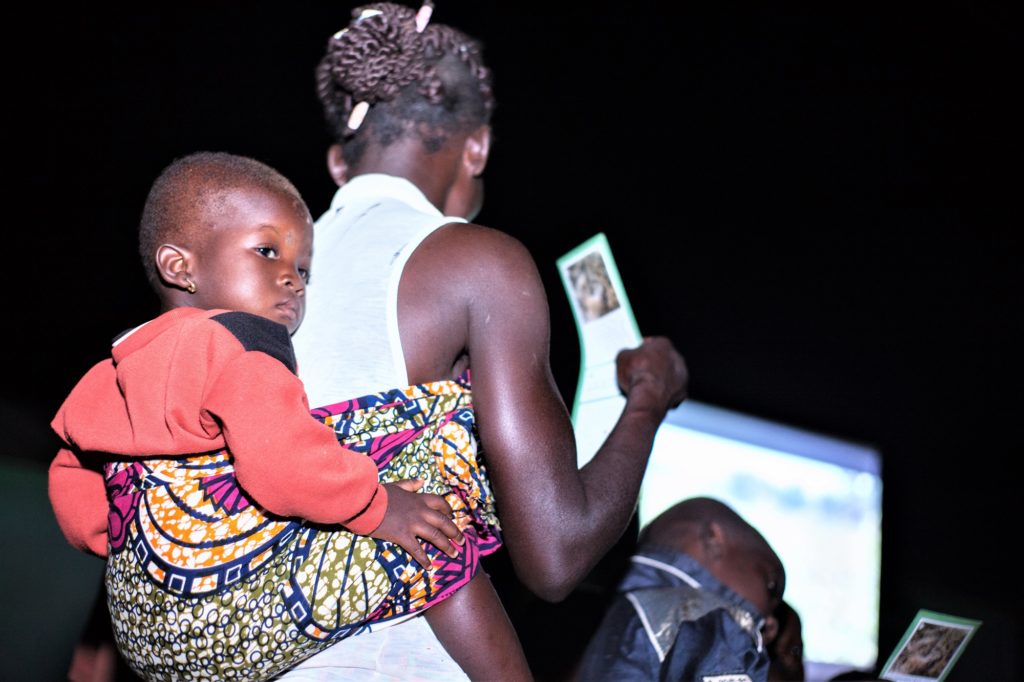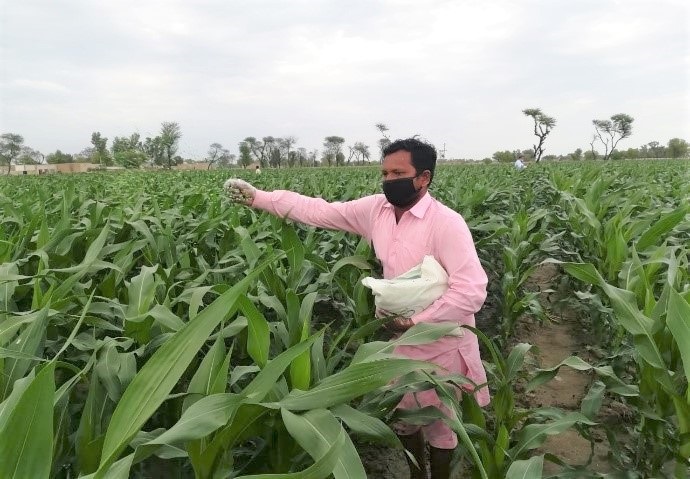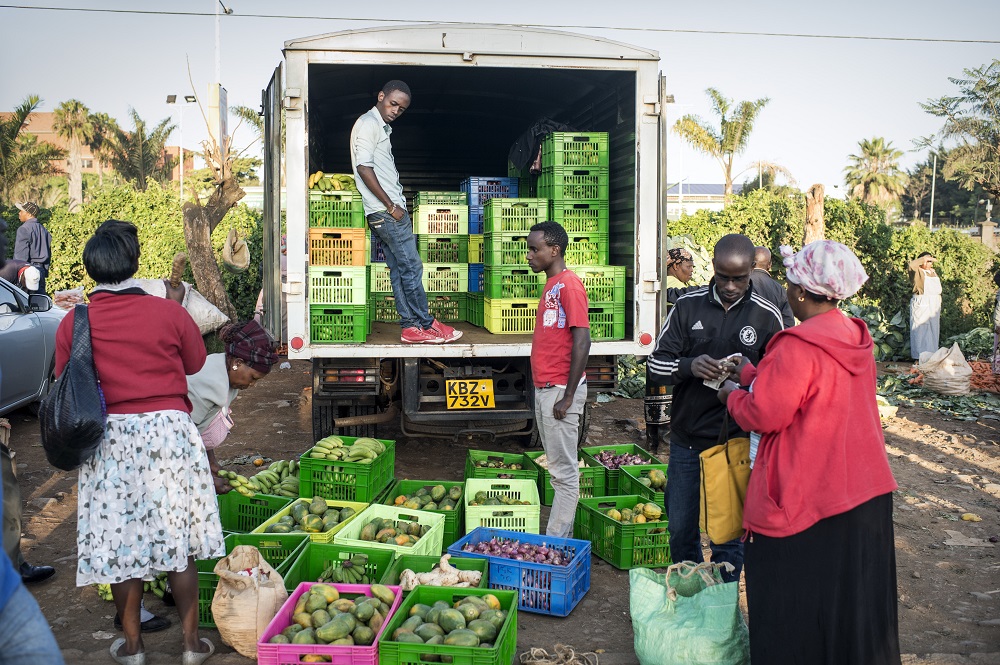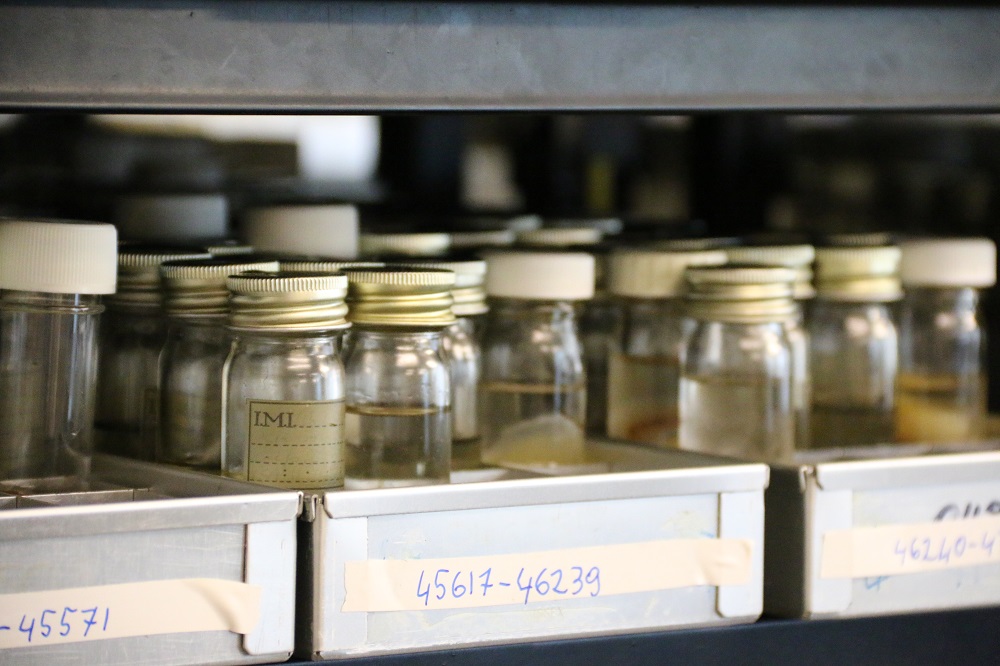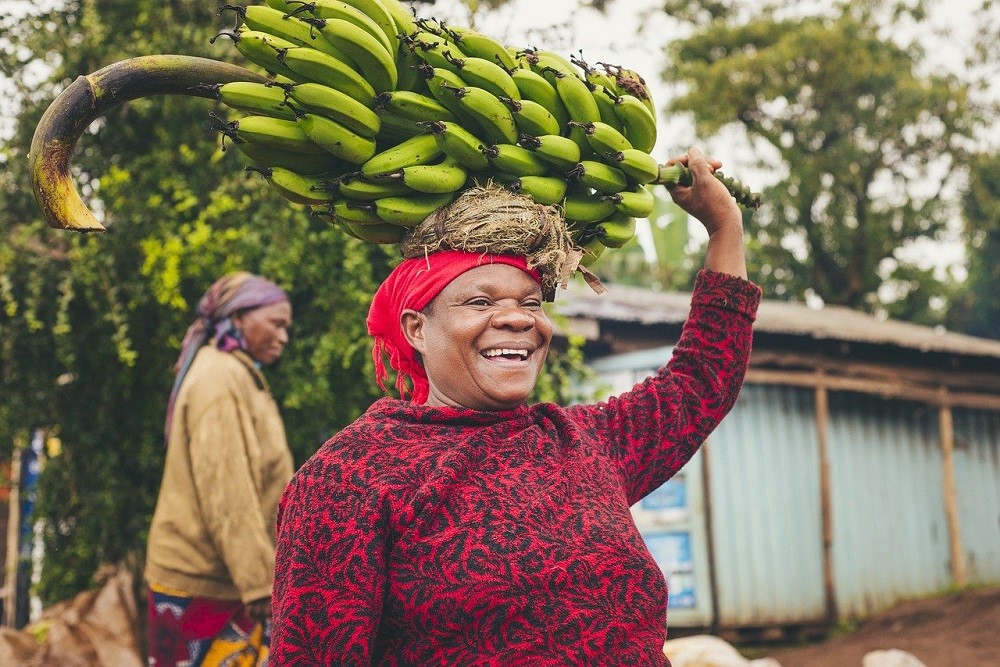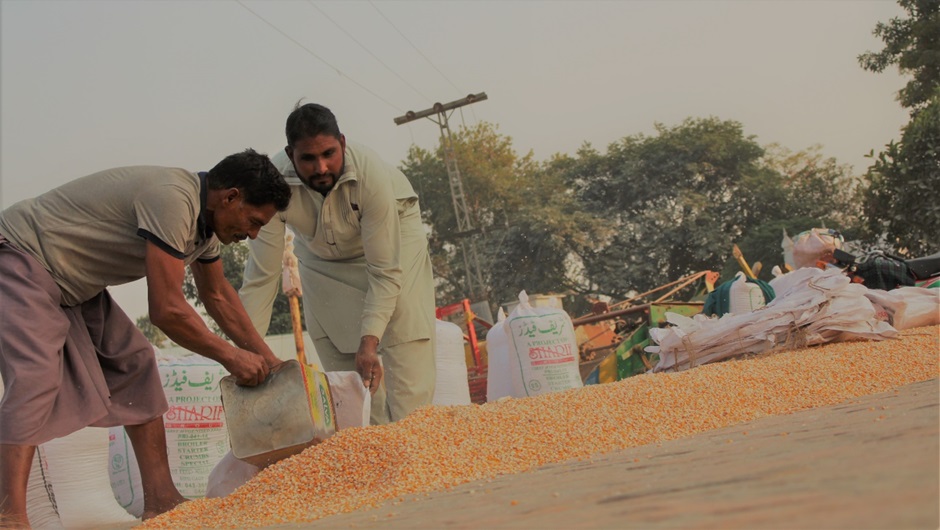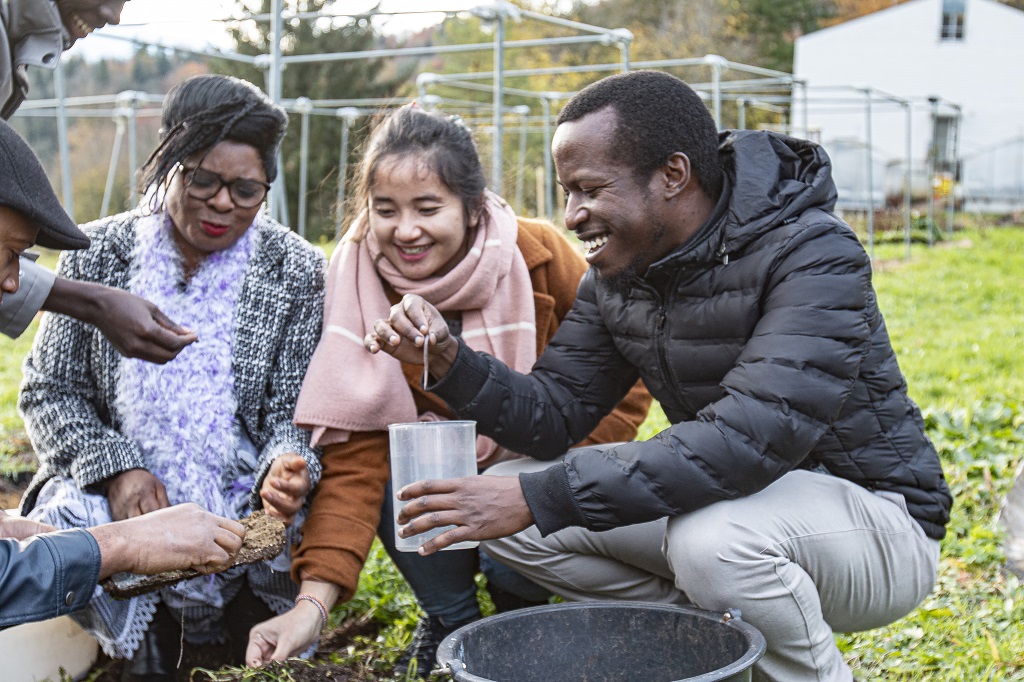Mr Nutri Bean: Educating children to increase consumption of iron and zinc rich beans
The higher iron and zinc rich beans called NAROBEAN 1, 2, 3, 4C and 5C can significantly improve nutrition and are particularly beneficial for children and expectant mothers.
Working in partnership to increase safe and efficient trade of agriculture in East Africa
CABI, together with a law firm KO and Associates, have been contracted by Land O Lakes Venture 37 (V37) TRASE (Trade in Agriculture Safely and Efficiently) project, funded by the United States Department for Agriculture (USDA), to conduct a comprehensive assessment of sanitary and phytosanitary (SPS) systems implemented in the East African Community (EAC).
‘Banana and I’: Sharing the ‘appeal’ of better banana management in Uganda through drama
CABI has worked with farmers to develop a video drama on the subject with five episodes translated into two languages. Created for small scale banana farmers in Uganda with contributions from farmers, the dramas are also performed by farmers themselves to increase their local appeal, encourage more efficient farming practices and ultimately increase productivity for banana growers.
Summer studentship for young scientists announced by Global Burden of Crop Loss initiative
The Global Burden of Crop Loss initiative, announces a summer studentship programme providing young scientists with the opportunity to contribute to an exciting and important global effort to develop a global data-driven system to report losses to agricultural crops caused by pests and diseases.
International Tea Day 2020: celebrating tea’s importance to our planet
International Tea Day aims to increase public awareness of sustainable production and consumption of tea; its importance in fighting hunger and poverty as well as improve the tea value chain. On this inaugural International Tea Day, CABI is honoured to celebrate the smallholder farmers we work with through countries with the systems and economies that rely on the production and commercialisation of tea to thrive.


